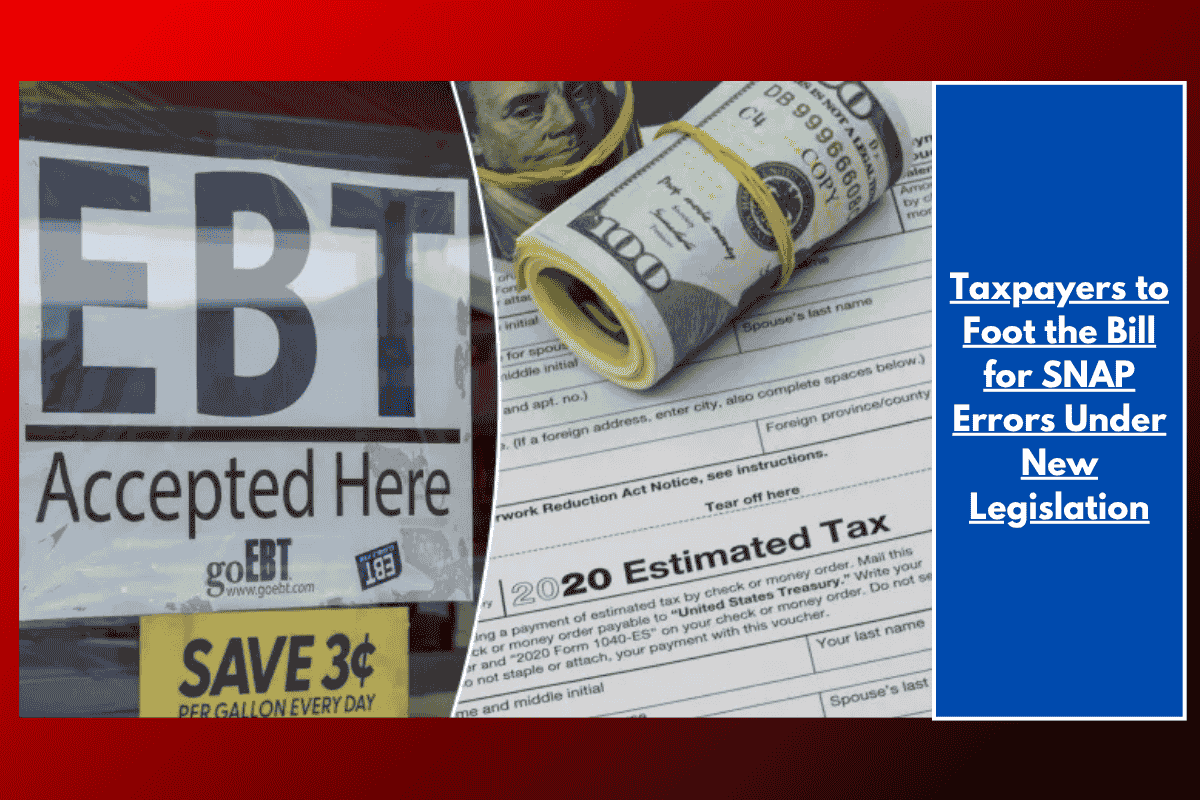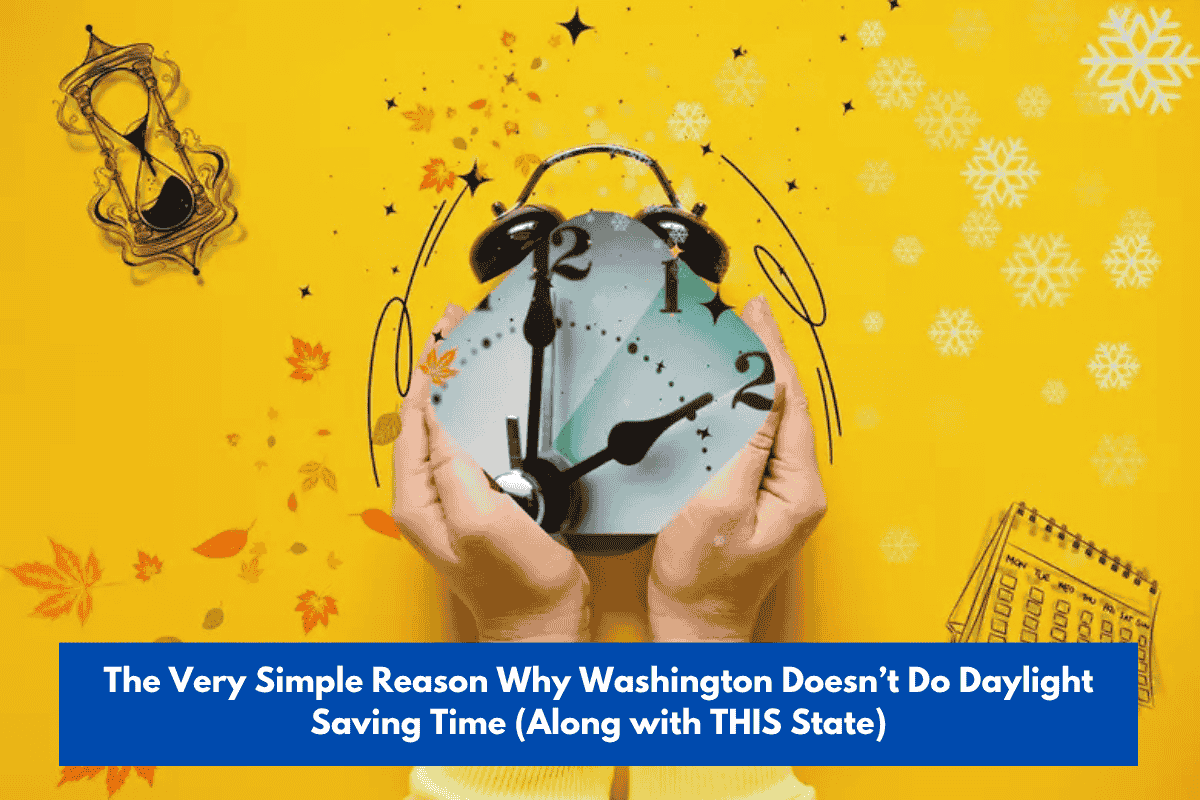Many retirees across the U.S. depend on Social Security as their main income. A recent Gallup poll shows that about 60% of seniors rely on it heavily. But in nine states, state taxes could reduce these monthly checks by as much as 10%. That could affect your retirement plans in a big way.
Let’s break down how each of these nine states taxes Social Security and what it means for your future.
Colorado
If you’re 65 or older and earn less than $75,000 (or $95,000 for couples), your Social Security benefits are not taxed. If you’re younger or earn more, up to $20,000 is tax-free. Anything over that is taxed at 4.4%.
Connecticut
If your income is under $75,000 for singles or $100,000 for couples, you’re safe. Higher incomes may see up to 25% of benefits taxed at rates from 4.5% to 6.99%.
Minnesota
Singles making under $84,490 and couples under $108,320 don’t pay tax. If your income is higher, 10% more of your benefits become taxable for every $4,000 over the limit. Tax rates range from 6.8% to 9.85%.
Montana
Social Security benefits taxed at the federal level are also taxed by the state. Seniors get a $5,660 deduction. The tax rate is between 4.7% and 5.9%.
New Mexico
If you earn $100,000 or less (or $150,000 for couples), you’re exempt. If you earn more, taxed benefits face a 4.9% to 5.9% rate.
Rhode Island
No tax if your income is under $104,200 (or $130,250 for couples). Higher incomes pay 4.75% to 5.99% on federally taxed benefits.
Utah
Social Security income is taxed if it’s part of your federal tax. But if you earn under $45,000 (or $75,000 for couples), you may get a full or partial tax credit. The tax rate is 4.55%.
Vermont
No tax if singles make under $50,000 or couples under $65,000. Partial deduction if close to these amounts. Higher incomes pay between 3.35% and 8.75%.
West Virginia
No tax if AGI is below $50,000 for singles or $100,000 for couples. Above that, 35% of federally taxed Social Security is taxed at 4.44% to 4.82%. The good news: by 2026, West Virginia will stop taxing Social Security completely.
Why This Matters for Your Retirement
State taxes on Social Security can take away a big chunk of your retirement money. For example, if your check is $70,000 a year, you could lose up to ₹7,000 each month in taxes. Knowing your state’s rules can help you plan better.
What Can You Do Now?
Find out how much you’ll get from Social Security. Check your AGI and your state’s tax rules. You may want to lower your AGI, move to a tax-free state, or talk to a financial advisor to prepare.
Retirees must pay close attention to where they live and how much they earn. With nine states taxing Social Security, a smart retirement plan includes understanding these rules. Whether you’re planning now or already retired, being informed can save you money and stress later.














